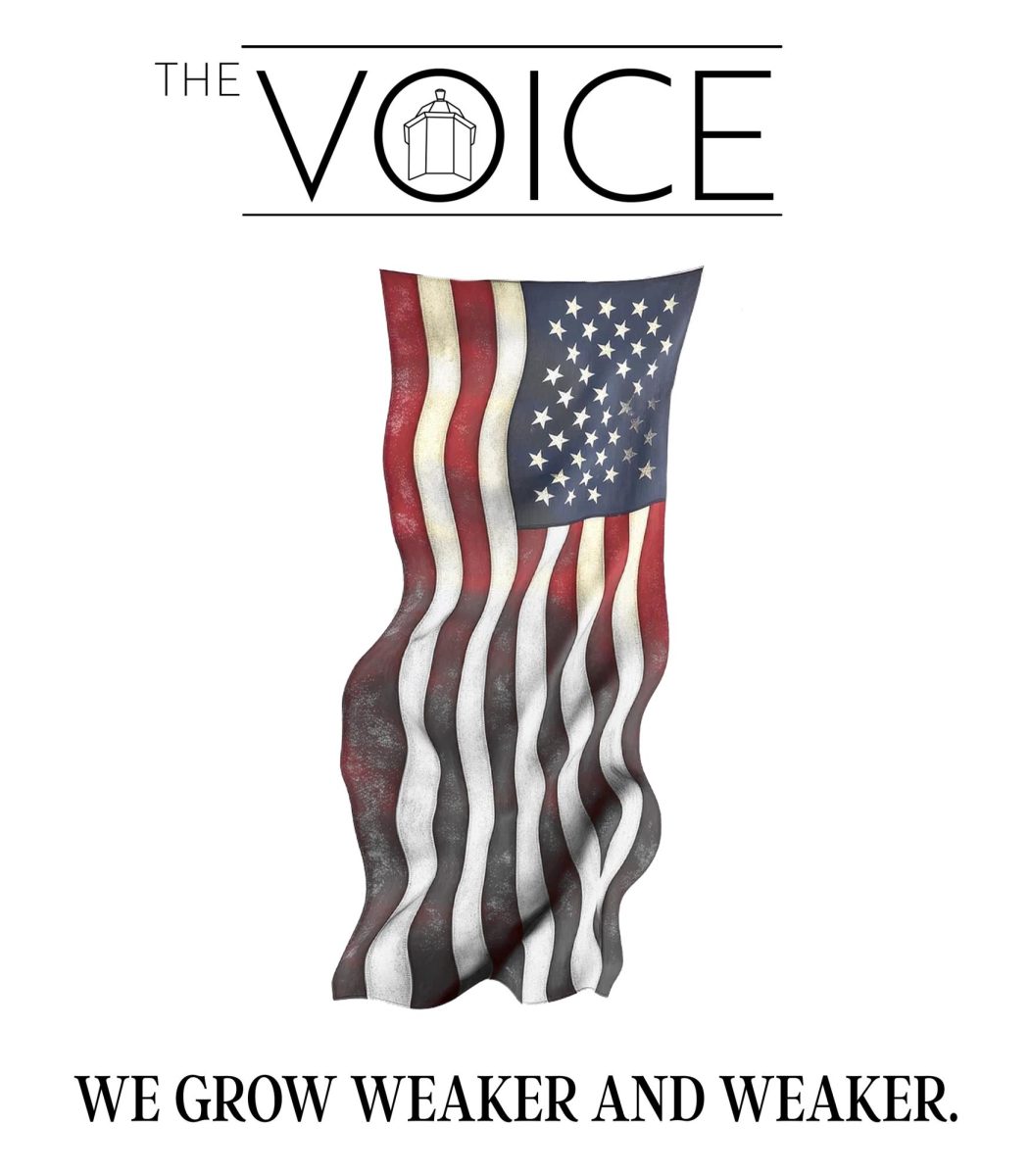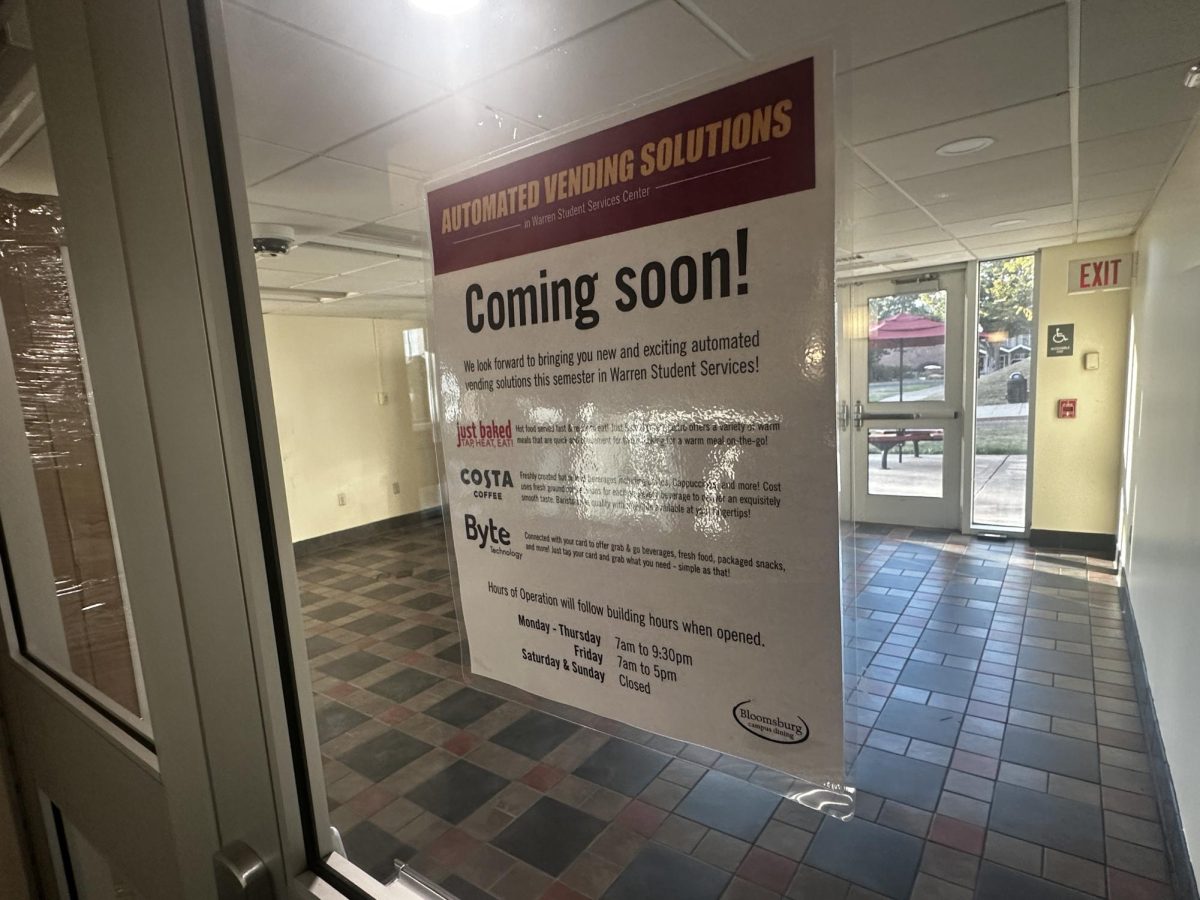The year is 2006. Guyliner is all the rage, you just got back from the local Hot Topic, and My Chemical Romance just released The Black Parade. Life is good; life is, above all else, emo. But if you’re like me, this sentence actually takes place in 2012 and emo isn’t cool anymore.
Fall Out Boy is on hiatus, My Chemical Romance hasn’t released anything in two years and Panic! At The Disco and Pierce the Veil are really your only fix for some deep lyrics on a Friday night.
Yes, this week is dedicated to everyone’s dreaded “emo phase.” Believe me, sometimes I like to forget about it too. But, put on your band shirts and dig out those old checkered skinny jeans, because we’re going back in time. I wasn’t kidding when I said there are microcultures for everything.
What exactly constitutes as “emo culture” in 2012? If you’re one of the people reading this saying “Oh God, please don’t remind me,” then you already know.
But for anyone that doesn’t, the formula is simple: black clothes, straightened side bangs, horrifically cringy lyrics sharpied on your hand (mom always said you were too young for a tattoo) and a trendy band shirt to show you were a true fan. And you’re hearing is probably still messed up from how loudly you’d blast Bring Me The Horizon.
The whole “It’s not a phase!” was also a key part of being an emo kid in 2012. Black Veil Brides wasn’t satanic and Of Mice & Men weren’t just screaming nonsense. The struggle was truly real to get our parents to understand us, and as a result we took to Twitter and Tumblr accounts with names like “xXxEmoLoverxXx.”
Dig deep enough into someone’s Tumblr blog, and those grayscale images with depressing lyrics will be found. And of course, your Blackberry selfies were likely edited in the same way.
Many people will also agree that their emo phase was a monumental turning point in their life. Cringy, yes, but the lyrics sang (or screamed) through our headphones often helped us cope with the trials and tribulations of being a teenager.
Who doesn’t remember the black and white images with “How stubborn are the scars when they won’t fade away? Or just a gentle reminder that now are better days?” from Asking Alexandria’s “A Prophecy?” For a lot of us, these indecipherable screams were like a Bible.
There’s a lot of depth to this whole emo culture: you could be scene, and blast Blood on the Dance Floor while doing homework, or maybe you were more hardcore and tuned into the Suicide Silence channel on Spotify.
Maybe you fell somewhere in between and went to Warped Tour for all of the bands rather than a select few. Or if you weren’t a fan of Warped, the fall lineups of your favorite band’s headliner were better than having Labor Day off in high school.
Nothing was quite as thrilling as refreshing a band’s Twitter to see if their upcoming tour would be nearby. Even better: Do you remember where you were when Fall Out Boy officially ended their hiatus on February 4, 2013? I sure do.
This culture isn’t without its own “deaths,” either. Nothing was quite as heartbreaking when your favorite band broke up or had a member leave.
I cried like a baby when Destroy Rebuild Until God Shows broke up in April 2012, and many were distraught over the news of My Chemical Romance’s retirement from the music scene in March 2013.
These events created an online culture of mourning and meaningful lyrics; fans often rallied together to show their support as the members moved on.
Now it’s 2018, and if you’re like me, there’s a sense of nostalgia when an old song from Sleeping With Sirens’ Let’s Cheers to This comes on. You laugh at your 2012 selfies, but above all else, you don’t necessarily regret it. The dreaded emo phase made you who you are today and honestly, that’s pretty cool.
One final note, though. Writing this doesn’t mean I think the bands I used to love are cringeworthy now. In fact, this is an homage to them all; I was awkward, but the emo phase helped me get through high school even if it’s embarrassing to look back at. I even cried when I saw Fall Out Boy for the first time this September since I started listening to them in 2010. Turns out the music was really more than just a phase in the end.
Rachel is a senior Anthropology major, the president of the Anthropology Club and a staff writer for The Voice.





















